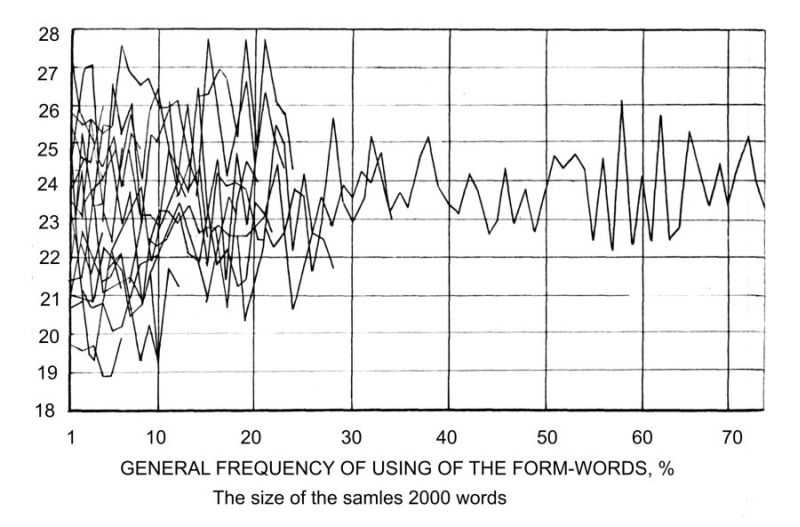
These are some of the many databases available to you as a member of Middletown Thrall Library: Artemis (now Gale Literary Sources) Searches the following databases (described below): Literature Criticism Online, Literature for Students, Literature Resource Center, and Something about the Author.
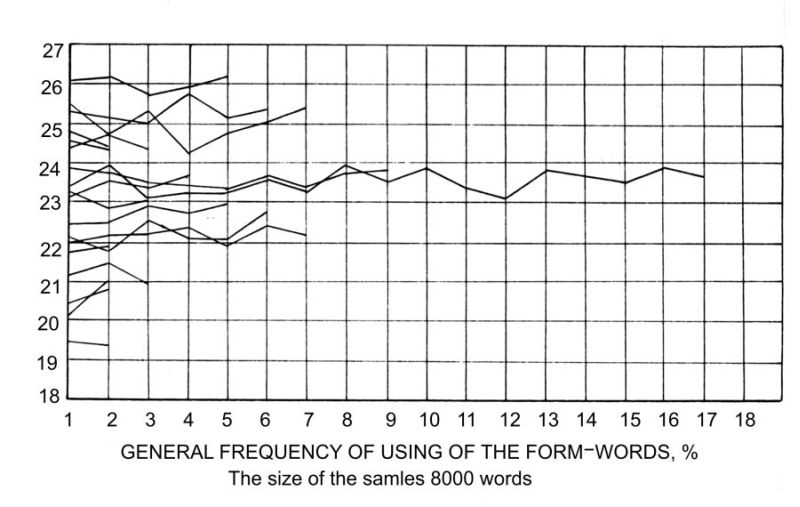
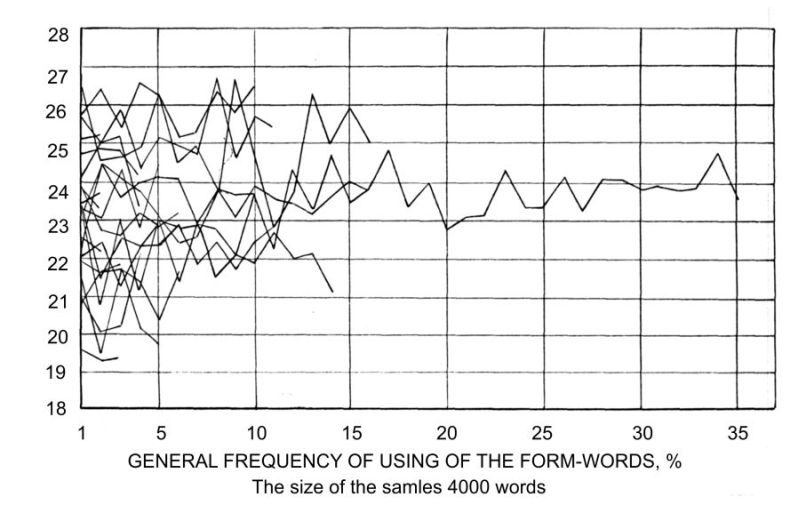
Russian literature: Russian literature, the body of written works produced in the Russian language, beginning with the Christianization of Kievan Rus in the late 10th century. The unusual shape of Russian literary history has been the source of numerous controversies. Three major and sudden breaks divide it into four
ZNdCuqBPYLsMz0vw~~/1903-Russian-Literature-History-Chromolithography-Russia-2-_57.jpg)
T LIT 101 Understanding Literature (5) VLPA Develops essential tools for close and informed reading of fiction, drama, and poetry. Considers how a text generates aesthetic pleasure, how it achieves moral or social impact. Develops skills in literary analysis through reading literary texts, through
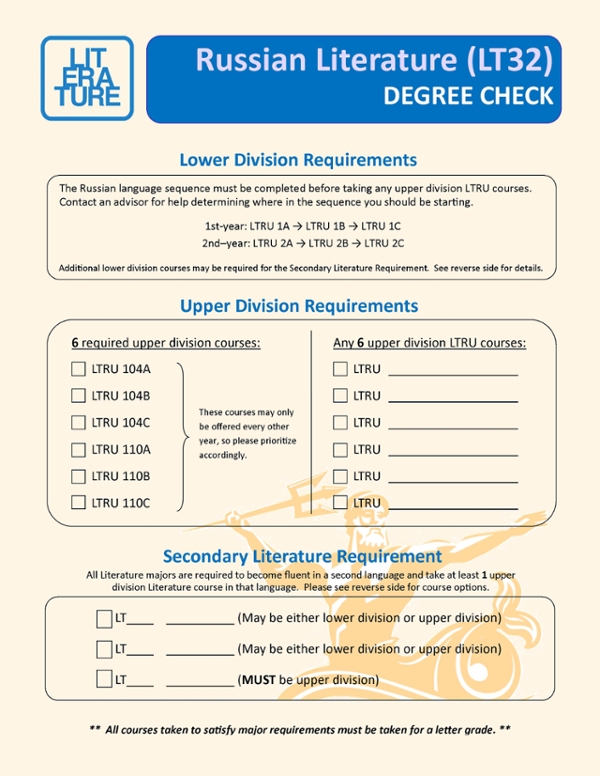

Featured: SRAS’s Free Language Resources. Free Russian Lessons Short texts describing modern Russian life in English. Russian vocabulary and phrases worked in to help build vocabulary!
Literary Theory “Literary theory” is the body of ideas and methods we use in the practical reading of literature. By literary theory we refer not to the meaning of a work of literature but to the theories that reveal what literature can mean.
New Criticism. A literary movement that started in the late 1920s and 1930s and originated in reaction to traditional criticism that new critics saw as largely concerned with matters extraneous to the text, e.g., with the biography or psychology of the author or the work’s relationship to literary history.

Russian (Russian: ру́сский язы́к, tr. rússkiy yazýk) is an East Slavic language and an official language in Russia, Belarus, Kazakhstan, Kyrgyzstan, and many or unrecognised territories throughout Eurasia (particularly in Eastern Europe, the Baltics, the Caucasus, and Central Asia).It is an unofficial but widely spoken language in …
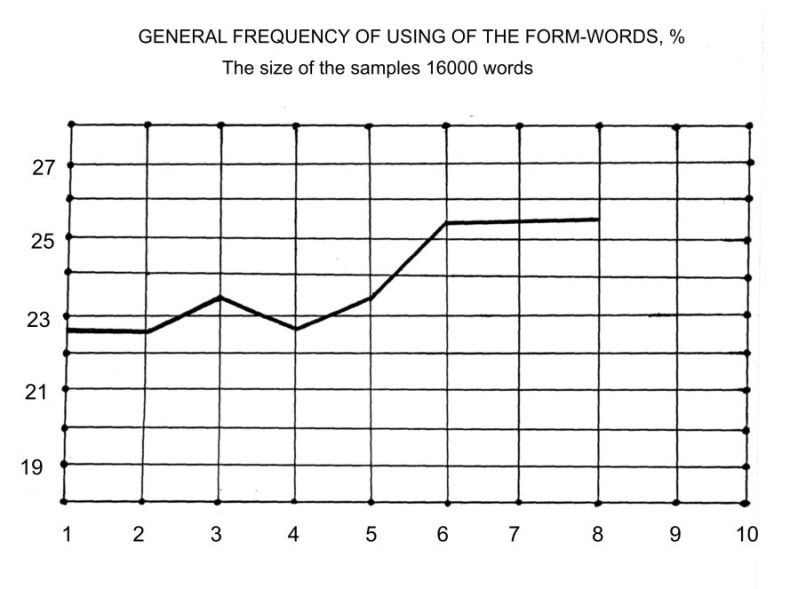
ipl2: Information You Can Trust features a searchable, subject-categorized directory of authoritative websites; links to online texts, newspapers, and magazines; and the Ask an ipl2 Librarian online reference service.
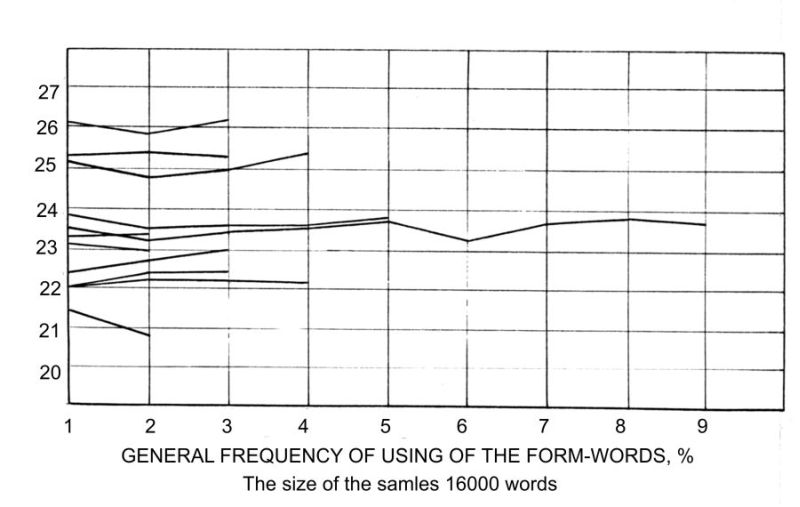
This webpage is for Dr. Wheeler’s literature students, and it offers introductory survey information concerning the literature of classical China, classical Rome, classical Greece, the Bible as Literature, medieval literature, Renaissance literature, and genre studies.

The 19th century is traditionally referred to as the “Golden Era” of Russian literature. Romanticism permitted a flowering of especially poetic talent: the names of Vasily Zhukovsky and later that of his protégé Alexander Pushkin came to the fore. Pushkin is credited with both crystallizing the literary Russian language and introducing a new level of artistry to Russian literature.